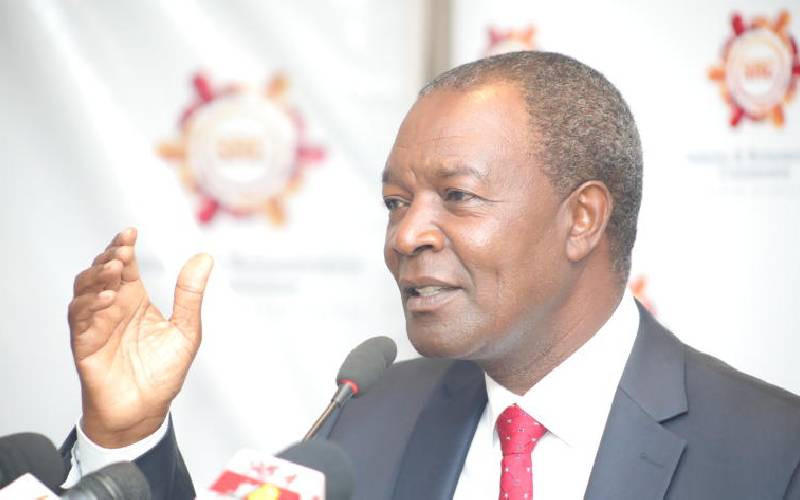×
The Standard e-Paper
Join Thousands Daily

The National Treasury has warned traders who block customers from paying for goods and services in cash.
The warning comes at a time when the use of cashless payments has gained countrywide popularity. This week, the Treasury reminded traders who block customers from using cash payments are flouting the law.